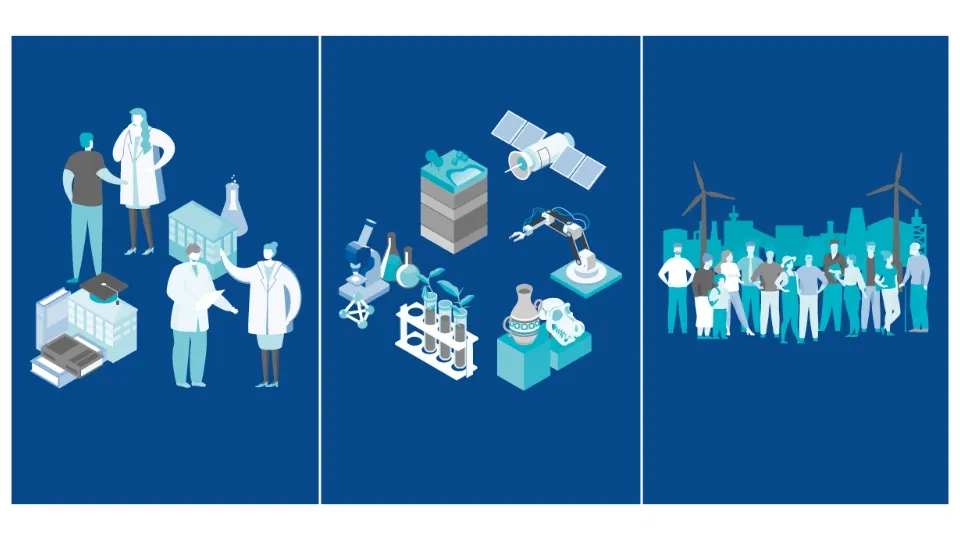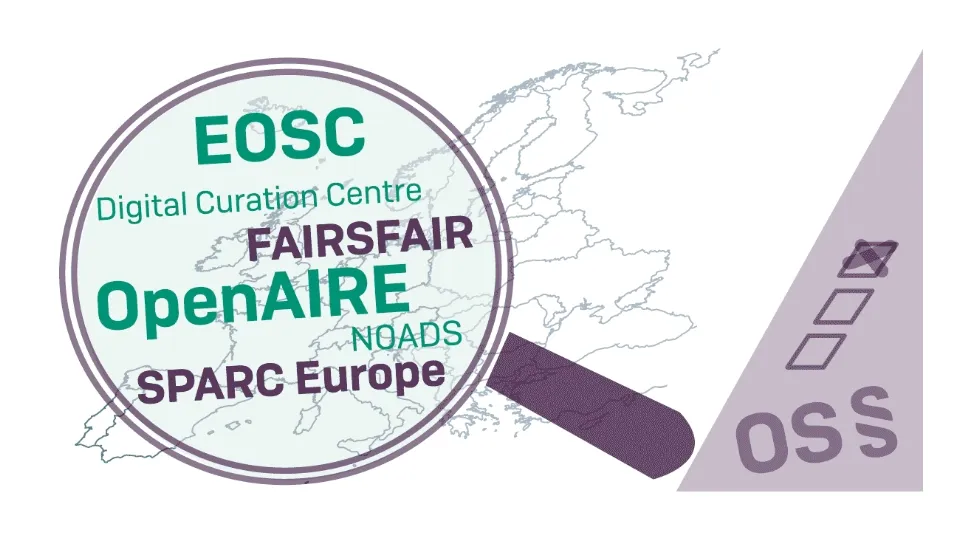The past few years have seen major changes in the way researchers access, publish, and share research. Open access publications have surpassed subscription-only publications; funders and governments increasingly adopt open access and data sharing mandates; and there is a drive among the community at large to make all research outputs as open as possible.
In a post-COVID-19 world, where there are increasing demands for fast publication and for science to keep pace with social demands, open science offers not just 'quick' publication, but a recalibration of research culture. Open science privileges multilateral collaboration and input, together with transparency and recognition for all contributions, including the work of reviewers.
But what exactly does open science encompass, and why does it matter?
In this blog, we discuss the benefits of open science and 5 key practices you can implement to ‘open up’ your research.
What is open science?
At its heart, open science is about making sure that all elements of scientific discovery are freely available for everyone to view, share, and utilize; it is to encourage collaboration in the pursuit of new knowledge.
Open science is not just about open access (where research articles are free to view online), but also aims to throw open the doors to the process of developing knowledge itself.
The central idea is that everyone, including the public, can view and access all parts of the research process, not just a final research paper. This includes access to data, detailed methods, and peer reviews.
Incorporating open science practices into your research project
Open science practices can benefit every stage of a research project, from planning to dissemination and sharing. Here are 5 open practices you can implement to 'open' up your research:
Share your rationale, hypothesis, and methodology before conducting your research
Publishing your intended project design and methods before your research begins is an excellent way to gather feedback on the appropriateness of your methods and identify problems that can be fixed early on. Defining your research question and plan before observing the outcomes of your research increases the transparency of your work and reduces the change of hindsight bias.To achieve this, you can consider pre-registering your study or publishing a relevant article type, such as a Registered Report, Method Article, or Study Protocol.
Share your research data openly
Once you’ve concluded your research, deposit your data in a repository to allow others to access, re-use, and share it.Open data enables validation of your research, boosting its credibility. By sharing data openly, entire research projects become more transparent. This way, others can follow your thought process and methodology, and potentially reproduce or replicate your study, if relevant.
In addition, if you publish your research as an article and deposit your datasets in a repository, your work can be found through both routes. The broader research community can access your research whether they are looking in the repository or browsing the journal. You can also receive increased credit and recognition by sharing their research data, which in turn may lead to increased opportunities for collaboration – even across disciplines. Plus, one 2019 study suggests that open data can generate up to 25% more citations!
Choose to publish your research open access
After sharing your data, it's time to choose where to publish your research. When choosing where to publish, opt for a venue that offers open access publishing.An article or research output is considered ‘open access’ when anyone can read, download, copy, distribute, print, search for, and search within the information. Open access material can also be reused under the terms and conditions of its specific license.
Unlike the traditional ‘pay to read’ publishing model, the open access ‘pay to publish’ model allows other researchers and the public to access scholarly information without a paywall.
Such accessibility and discoverability can result in higher readership, and consequently, greater impact. So, always check with your research funder, the institution’s librarian, or your publisher for information on what open access routes are available to you.
Benefit from open peer review
Apart from open access, you should choose a publishing venue that offers open peer review.Open peer review can help increase the transparency of your work and your readers’ confidence in your study. There are many variations of open peer review, but generally speaking, most models publish the peer review reports and/or reviewer identities openly making the whole process fully transparent. As everything is openly available to all, this type of peer review reduces the possibility of bias or conflicts of interest.
Open peer review also credits the input of reviewers by making their contributions visible and the reviews become a further source of information for the whole research community.
Publish non-traditional article types
You can also consider publishing non-traditional article types, such as Data Notes, Genome Notes, Software Tool Articles, and Policy Briefs.The benefits of sharing a myriad of article types are twofold. On the one hand, publishing multiple, citable article types throughout a research project allows you to expand your academic footprint and get credit for all the work. This adds transparency to your research process and opens the door for greater impact and visibility.
On the other hand, publishing more research outputs to the version of record has the potential to aid the advancement of science more generally by reducing research waste and enabling others to build upon existing work.
Open Science and F1000
F1000 is an open science publisher serving researchers, funders, research institutions, societies, and associations worldwide. We were the first publisher to truly embrace open science publishing offering a publishing model that encompasses open access, open data, and open peer review.
Offering a range of open publishing venues across all disciplines
Powered by F1000 and dedicated partners, such as the European Commission, the Bill & Melinda Gates foundation, and Wellcome, our publishing venues connect research communities worldwide with easy routes to open science publishing.
We welcome submissions from all disciplines and accept articles based on research quality, not research novelty. Plus, as an F1000 author, you can choose from a wide range of article types that go beyond the traditional Research Article to tell the full story of your research.
Robust open data policy
We advocate for making research data openly available and FAIR (Findable, Accessible, Interoperable, Reusable) so that others can access, re-use, and share it. To achieve this, you should deposit your data into an online data repository, provide contextual information known as metadata, and apply an open license.
Post-publication open peer review process
Unlike most traditional publishers, peer review on F1000 publishing venues takes place after an article has been published openly, so your research can start being read and used while expert reviewers assess it. Peer review reports are published alongside the article, together with reviewer names and affiliations bringing transparency, accountability, and trust to the validation process.
Moving towards an ‘open’ future
The publishing landscape and the way we assess research is rapidly shifting, with open science practices gaining momentum. At F1000, we have long been advocates for the open science movement supporting the idea that research in any discipline can achieve its maximum potential when it’s disseminated as widely as possible. A growing culture of data sharing, transparency, and recognition of all research outputs shows universal acknowledgment of the benefits of open science and that we are moving towards an ‘open’ future.



